Sunday,
Apr 20
Dusseldorf
11°
Monday,
Apr 21
Dusseldorf
12°
Tuesday,
Apr 22
Dusseldorf
11°
Wednesday,
Apr 23
Dusseldorf
10°
Thursday,
Apr 24
Dusseldorf
12°
Thursday,
Apr 24
Dusseldorf
12°
MORE IMPORTANT INFORMATION ABOUT YOUR TRAVEL TO Dusseldorf
The Train station is located at the center of Dusseldorf
Düsseldorf (often Dusseldorf in English sources; UK: US: German: [ˈdʏsl̩dɔʁf]; Low Franconian and Ripuarian: Düsseldörp ([ˈdʏsl̩dœɐ̯p]); archaic Dutch: Dusseldorp) is the capital and second-largest city of the most populous German state of North Rhine-Westphalia after Cologne, and the seventh-largest city in Germany, with a population of 617,280. At the confluence of the Rhine and its tributary Düssel, the city lies in the centre of both the Rhine-Ruhr and the Rhineland Metropolitan Regions with the Cologne Bonn Region to its south and the Ruhr to its north. Most of the city lies on the right bank of the Rhine (as opposed to Cologne, whose city centre lies on the river's left bank). The city is the largest in the German Low Franconian dialect area (closely related to Dutch). "Dorf" meaning "village" in German, the "-dorf" suffix (English cognate: thorp) is unusual in the German-speaking area for a settlement of Düsseldorf's size. Mercer's 2012 Quality of Living survey ranked Düsseldorf the sixth most livable city in the world.
Source:
WikipediaADDITIONAL INFORMATION ABOUT Stuttgart
The Train station is located at the center of Stuttgart
Stuttgart T-, STOOT-, SHTOOT-; German: [ˈʃtʊtɡaʁt]; Swabian: Schduagert [ˈʒ̊d̥ua̯ɡ̊ɛʕd̥]; names in other languages) is the capital and largest city of the German state of Baden-Württemberg. Stuttgart is located on the Neckar river in a fertile valley known locally as the "Stuttgart Cauldron". It lies an hour from the Swabian Jura and the Black Forest. Its urban area has a population of 634,830, making it the sixth largest city in Germany. 2.8 million people live in the city's administrative region and 5.3 million people in its metropolitan area, making it the fourth largest metropolitan area in Germany.
Source:
WikipediaImages of the trains for your trip
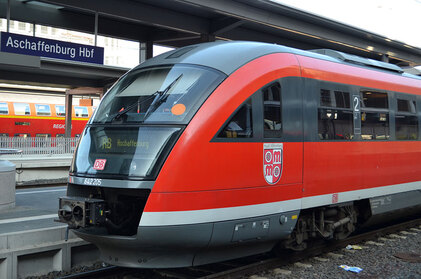



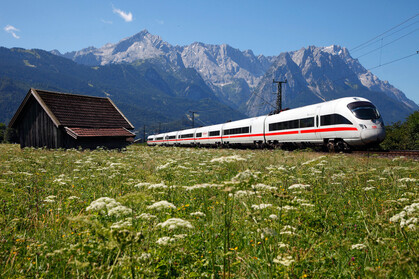











Where Can You Travel With Us?
TAKE A LOOK AT OUR MAP
France
Italy
Netherlands
Luxembourg
Austria
Germany
Belgium
Switzerland
Denmark
Sweden
Norway
Hungary
Czech
Ukraine
China
Active
France, Italy, Netherlands, Luxembourg, Austria, Germany, Belgium, Switzerland, Denmark, Sweden, Norway, Hungary, Czech, Ukraine, China
Upcoming
USA, Canada, Spain, Poland, Japan
Other Train Trips From Stuttgart

Stuttgart to Lubeck Saint Jurgen

Stuttgart to Gotteszell

Stuttgart to Saint Michaelisdonn

Stuttgart to Foehren

Stuttgart to Cologne South
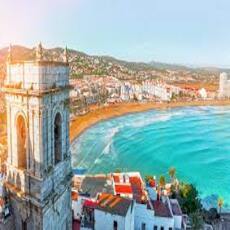
Stuttgart to Wasserburg Inn
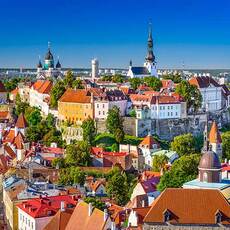
Stuttgart to Fellbach

Stuttgart to Furstenwalde Spree
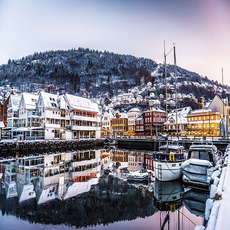
Stuttgart to Hanover Messe
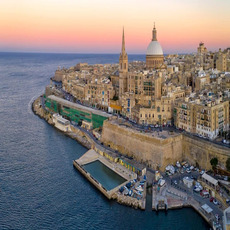
Stuttgart to Sulzbach Inn

Stuttgart to Bad Oeynhausen South

Stuttgart to Hamburg Suelldorf

Stuttgart to Suchsdorf

Stuttgart to Munster Albachten

Stuttgart to Kassel Wilhelmshoehe

Stuttgart to Leipzig

Stuttgart to Bad Honningen
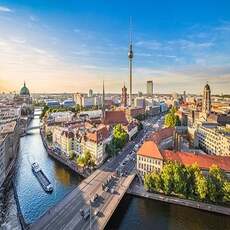
Stuttgart to Berlin Gesundbrunnen
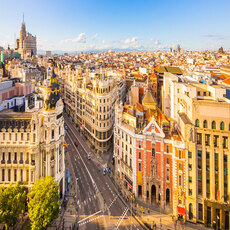
Stuttgart to Hanover Bismarck

Stuttgart to Volkmarsen

Stuttgart to Wolfenbuttel

Stuttgart to Monchengladbach Rheindahlen

Stuttgart to Usseln
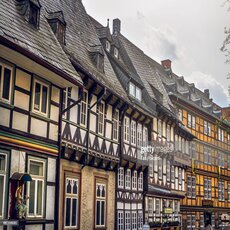
Stuttgart to Wolfratshausen

Stuttgart to Cologne Stammheim

Stuttgart to Bad Nenndorf
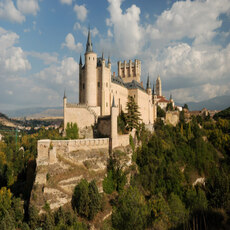
Stuttgart to Bramsche
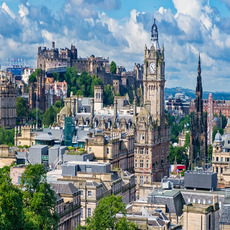
Stuttgart to Bergen auf Rugen

Stuttgart to Bockum Hovel
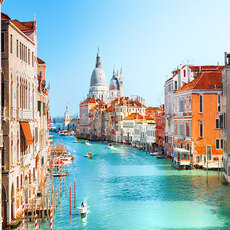
Stuttgart to Kassel Harleshausen
WHY YOU SHOULD TRAVEL BY TRAIN?
To travel from Stuttgart To Dusseldorf, trains would be the best travel choice, for several reasons:
1
Eco-Friendly
Trains are the most environmentally-friendly way of transport to the EU Environment Agency. They are powered by electricity, which is renewable and has a low environmental impact.
2
Speed
Travelling by train is in most cases the fastest way to go from Rome to Milan. Trains usually travel at high speeds, making them the fastest way to get from one place to another.
3
Safety
Travelling by train is one of the safest forms of transport. Trains are heavily regulated and monitored, making them safer than other forms of transport.
4
Price
Travelling by train is often cheaper than other forms of transport, such as flying or taking a bus. Trains are often subsidized by the government, making them cheaper than other forms of transport.
5
Luggage
Travelling by train is a great way to transport luggage. Trains usually have plenty of space for luggage and they are usually safe and secure.
6
Luggage
Travelling by train is often faster than other forms of transport, such as driving or taking a bus. Trains usually travel at high speeds, making them the fastest way to get from one place to another.
7
Comfortability
Travelling by train is usually very comfortable. Trains usually have comfortable seating and plenty of legroom, making them a great way to travel.
8
Comfortability
Travelling by train is a great way to get some sleep. Trains usually have comfortable seats and plenty of legroom, making them a great way to get some rest while travelling.
9
WIFI
This is not necessarily the most important when you travel since we prefer to tell you to enjoy your travel without your phones, but on trains, you can find WIFI onboard, so you remain connected to the internet if you choose to.
Popular Routes

Geneva Airport To Champery

Paris To London St Pancras International

Paris To Brussels Midi South

Bologna To Verona Porta Nuova

Ragusa To Naples

Amsterdam To Brussels Zaventem Airport

Nice Ville To Lyon Part Dieu

Amsterdam To Brussels

Liege Guillemins To Eupen

Zurich Airport To Lauterbrunnen

Rotterdam To Antwerp Berchem

Paris Charles De Gaulle CDG Airport To Nantes

Milan To Rome

Stuttgart To Basel

Frankfurt To Paris

Amsterdam To Boom

Bellinzona To Basel

Vienna To Budapest Keleti Palyaudvar

Bietigheim Bissingen To Nuremberg

Paris To Rome

Biarritz To Bordeaux Saint Jean

London St Pancras International To Amsterdam

Naples To Milan

Zurich To Basel

Frankfurt To Amsterdam
THESE ARE THE TRAIN OPERATORS WE WORK WITH




















